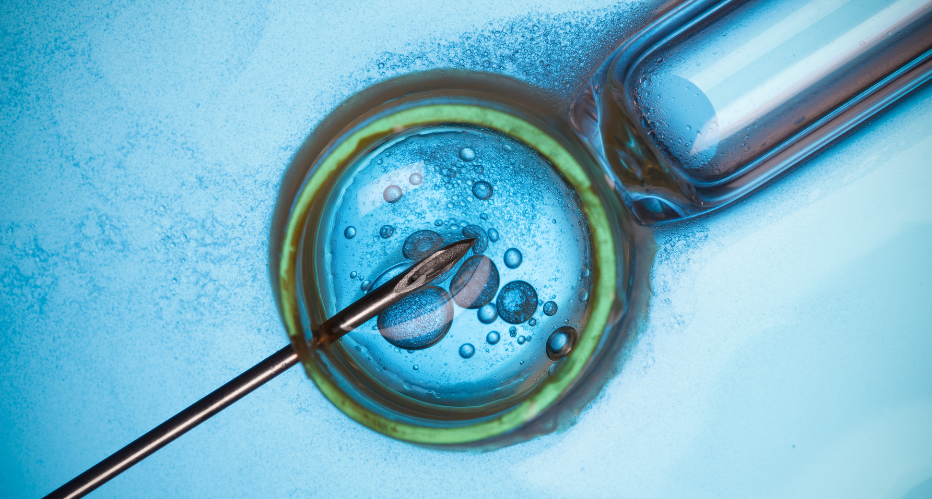Packing Checklist to Pick Up Your Adopted Baby
You may have prepared for this moment for months or even years. But getting the call that it’s time to pick up your newborn can still come as a surprise. You may have only a few hours of notice before you need to get moving. Even if the drive is short, it can feel like the most important trip of your life!
It’s okay to worry. After all, the adoption trip is such an important part of your first impression and first moments with the newest member of your family. But you’ve got this. Remember everything that came before and led up to this beautiful moment. You’ve handled everything so far – and this is so worth it.
The sooner you get started packing to pick up your adopted baby, the better.
Let’s take a peek at some supplies that aren’t to be missed on your big day:
Car Seat
A car seat is an absolute “must have.” If you’re picking up your child from a medical facility, they may not release you to leave unless you have a suitable car seat. Remember, not all car seats are designed for accommodating newborns. This could take some research.
Clothing (for Everyone)
Depending on how far you’re traveling, it may be essential to pack an assortment of seasonal clothes for yourself. For your baby, at least two seasonal outfits plus pajamas should be selected for each day you expect to be away or on the road. Cover a range of sizes from newborn to three months.
Bottles and Formula
Before setting out, consult with your pediatrician about formulas and bottle feeding. Only an expert can point you in the right direction when it comes to healthy formula that truly meets your child’s needs. What’s more, they might even be able to provide free, travel-sized samples!
Diapers and Wipes
Newborns average about twelve diapers a day over the first month, and you may use anywhere from 2-4 wipes per diaper. Ultimately, that works out to more than 300 diapers for the first month alone. After the first month, usage goes down about 20% -- but always get more diapers than you think you’ll need!
Portable Crib
Although newborns have a reputation for keeping the house awake, they actually spend much of their time dozing. In fact, they should get about 14 to 17 hours of sleep every 24 hours. Some may sleep as much as 19 hours a day. Prepare them the perfect place to take those naps before they arrive home.
Medication
Prior to picking up your newborn, fill any medication prescriptions you need. It could be hard to find time to pick them up later. Also update your supply of over-the-counter remedies for headaches and other common ailments. Keep these safely out of reach of your newborn, of course.
Snacks
Your trip to pick up the little one may be long and exhausting. Baby is too young for snacking, but the adults will need something to keep their energy up, especially if meals are missed. Seek out low sugar, high protein snacks that will keep your energy levels higher for longer periods of time.
Folders and Paperwork
Your adoption attorney can let you know exactly what paperwork you will be expected to present when it is time to meet your baby. Get a list in advance – then check and double-check that list before you go. While any paperwork can be reproduced later, missing something could cost delays.












